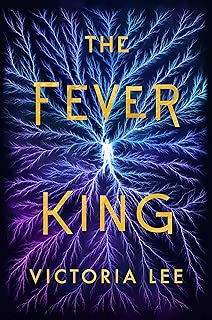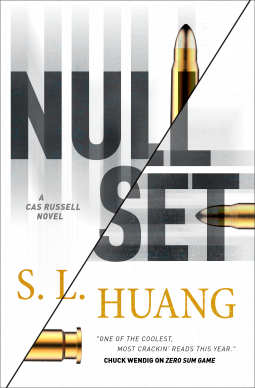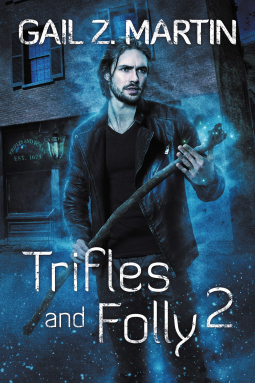The Fever King, by
Victoria Lee (Skyscape)
I loved the premise of this Young Adult fantasy thriller: a
plague has swept the former United States, in the form of a magic-carrying
virus. Most who are stricken die, but those few survivors now possess magic.
Refugees seeking virus-free zones add to the social upheaval. One man, Calix
Lehrer, an immensely powerful magic wielder, has survived from the beginning,
and now rules the nation of Carolinia from behind the throne.
The story follows
refugee Noam Álvaro through his infection with the virus, his recovery, his new
magical powers, and his recruitment into a elite corps of young magicians. As
such, he is lifted from the refugee slums into a life of luxury, attending
private high school and one-on-one tutoring with the great Calix Lehrer.
This part of the story, with echoes of Harry Potter but also Noam’s loyalty to the memory of his father
and the refugees who were once his own people, drew me into the world. Slowly
Noam makes friends, including the charismatically brilliant, beautiful boy,
Dana, for whom Noam develops a passionate crush. The burgeoning attraction
between the two was handled with sensitivity and forthrightness, as was Dana’s anguish
about the secrets he is forced to keep.
As the story progressed, however, it seemed to lose the moral
compass that was so much a part of the earlier part. Often fictional characters
may seem to be either good or bad and then turn out to be the opposite or a complex
blend. That’s true in this book as well. However, certain actions remain in one
category or the other, especially for younger readers. Among them are a
protagonist committing deliberate murder and the sexual exploitation of a young
person by an older, far more powerful person. I don’t mean that these things
cannot appear in YA literature, but that they must have appropriate context and
consequences. They are not, and must not be, morally neutral. Perhaps other
readers will feel differently about how these issues were depicted, but I found
myself with the equivalent of an ethical hangover after finishing what was
otherwise an engrossing tale.













.jpg/465px-Romeo_and_Juliet_by_Frank_Dicksee_(cropped).jpg)

